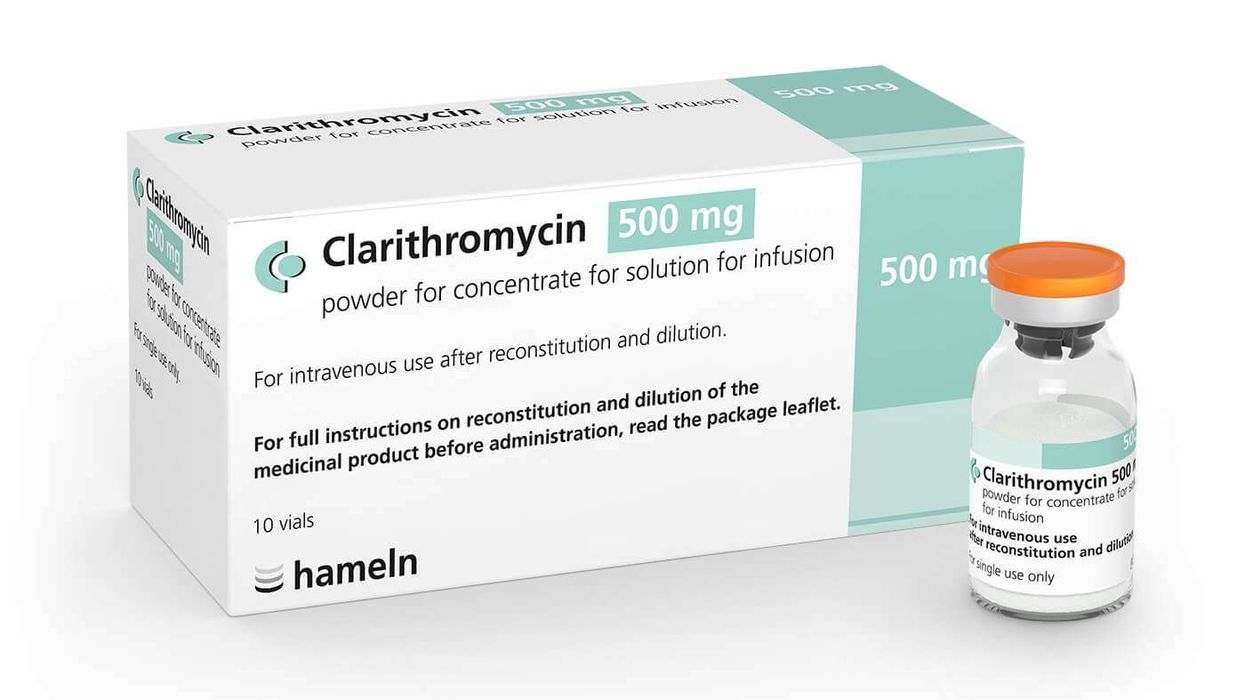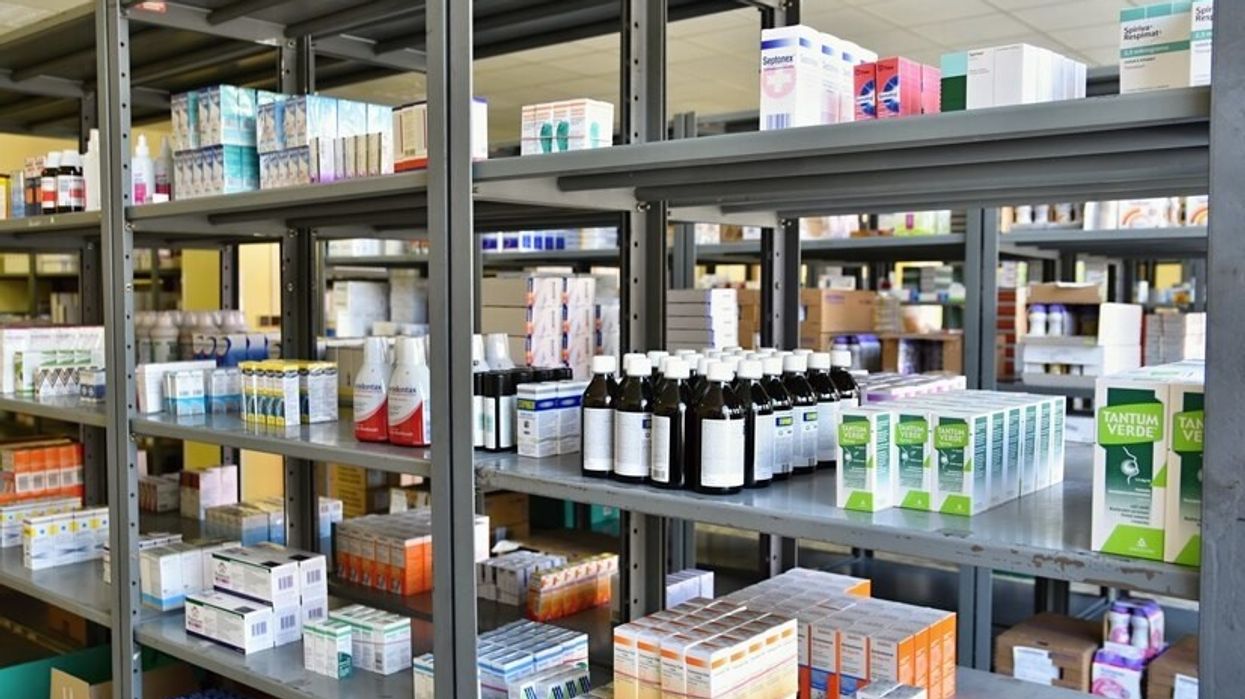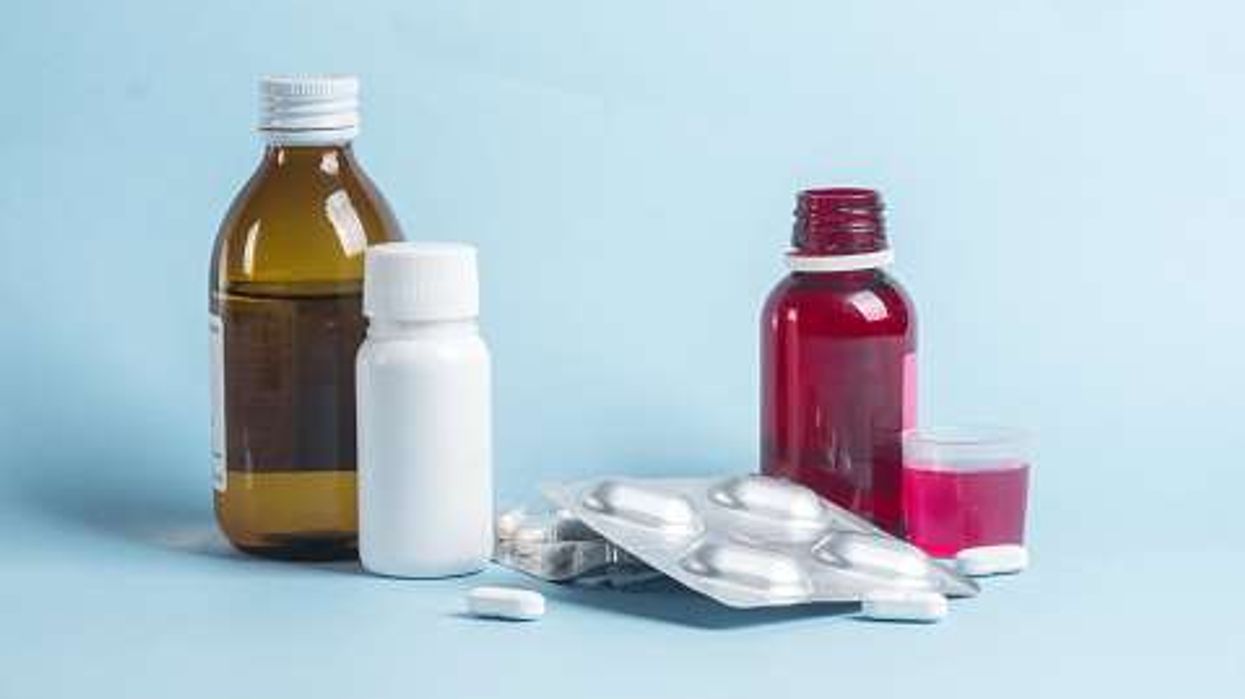The NHS announced that millions of women will be able to get the 'free contraceptive pill' for the 'first time' across England
The new Pharmacy Contraceptive Service is set to launch on 1 December under the new NHS and government’s primary care access recovery plan.
From December, the service will allow women in England "to access the pill next year without needing to contact their GP first."
They will be able to get the oral contraceptive pill and free up appointments in GP surgeries.
The move will give millions of women "quicker and easier access to healthcare on their high street."
Pharmacies will need to register for the service as it will not be immediately available anywhere in England.
Amanda Pritchard, NHS chief executive, said: “The care and support people receive from their local pharmacy is rightly highly valued by patients and so it is essential we use the skills and convenience of community pharmacies to make it as easy as possible for people to get the help they need.
“This is really good news for women – we all lead increasingly busy lives, and thanks to this action, rather than making a GP appointment, they can simply pop into their local pharmacy when they need or want to access contraception.
“We will also be expanding services so that more health checks are available for patients on the high street, which is not only better and easier for patients but also frees up NHS time for more GP appointments for those who need them most.”
Pritchard confirmed that as pharmacies begin offering the contraceptive service, "NHS.uk web page will be updated so women can check which pharmacy near them is offering access to contraception."
"For the first time across England, women will be able to walk into their local pharmacy to be supplied oral contraception for the first time, in addition to being able to receive their next supply," she said.
Dr Claire Fuller, NHS medical director for primary care and the NHS’ lead GP in England said: “I’m delighted the changes that the NHS is making mean people will have new and convenient ways of accessing treatments for many common conditions.
"In particular, contraception is essential for many women, and this is a big step forward in making these services easier for women to access.
“Local pharmacies are trusted parts of our communities and GPs and pharmacists work closely together. Pharmacists have always provided continuity and long-term support to patients, families, and carers. So, this is a safe and common-sense way of making NHS services easier for patients to use,” she added.











